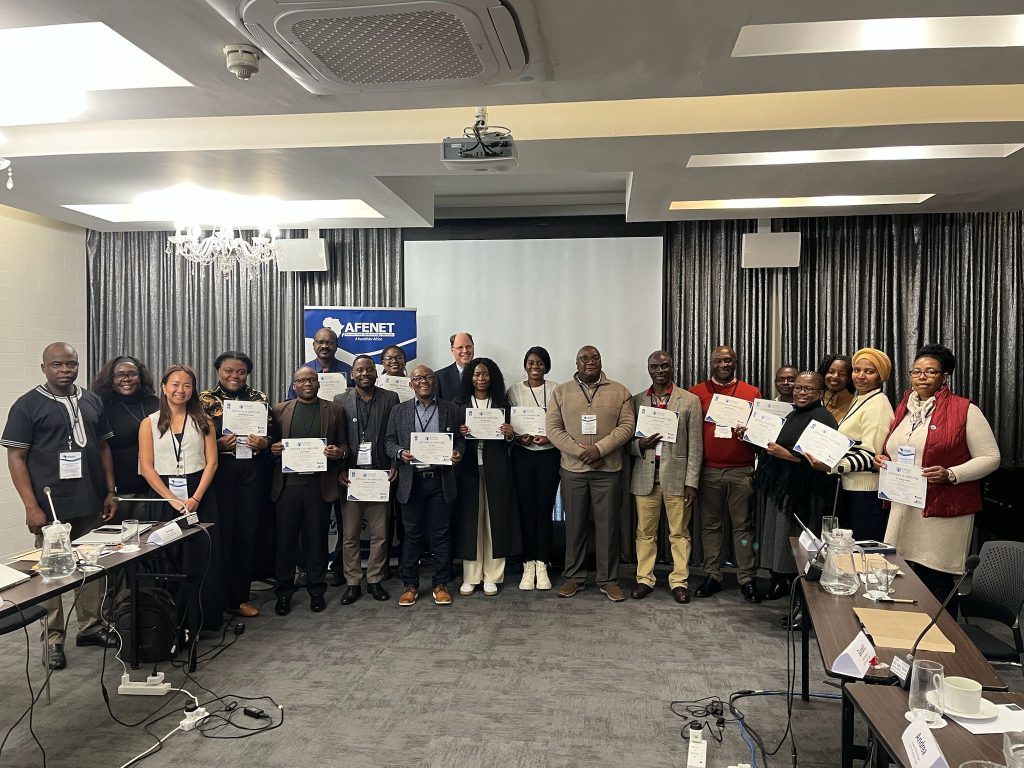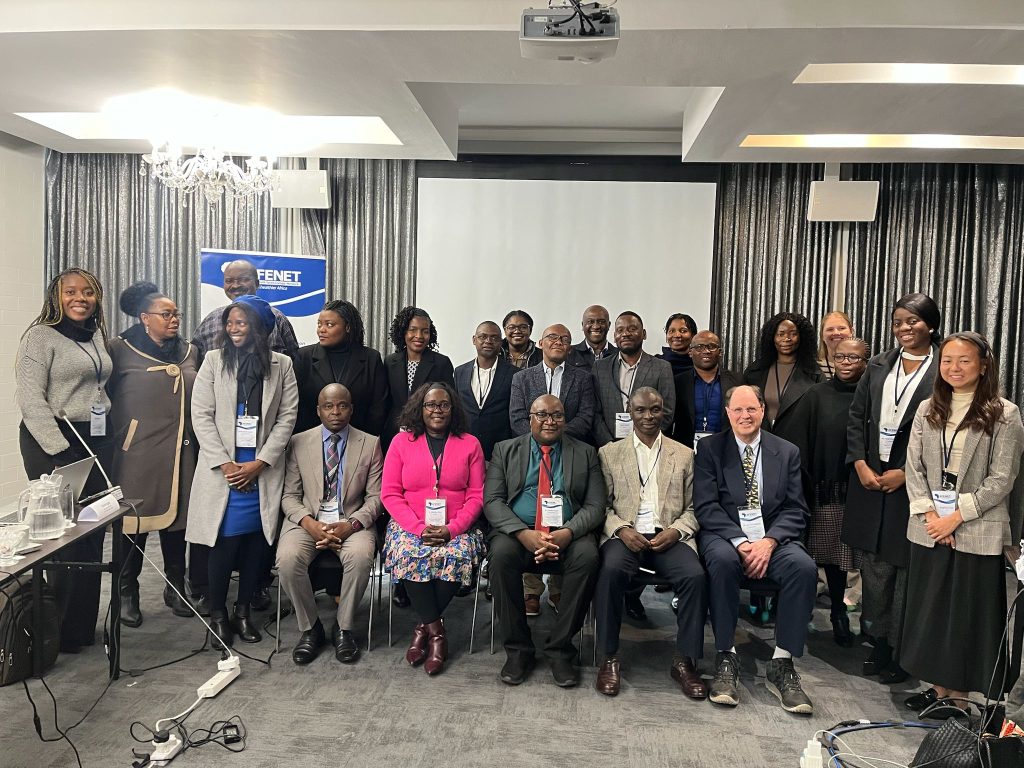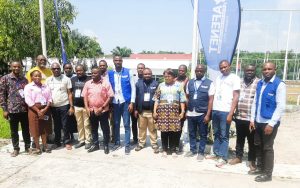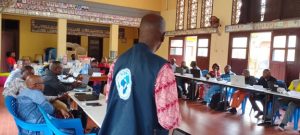Strengthening Evaluation Capacity for Field Epidemiology Training Programs in Southern Africa
-
by
AFENET


To ensure that Field Epidemiology Training Programs (FETPs) continue to make measurable impacts in strengthening public health systems, there is a growing need for systematic evaluation of their implementation, outcomes, and long-term impact. Recognizing this, the US Centers for Disease Control and Prevention (US CDC), in collaboration with selected FETP programs, developed a comprehensive FETP Evaluation Toolkit—a standardized resource that includes a User’s Guide and data collection templates applicable across all FETP tiers: Frontline, Intermediate, and Advanced.
To build capacity for the use of this Toolkit, AFENET, in partnership with the US CDC, organized a three-day regional workshop from July 7 to 9, 2025, at the Protea Hotel Fire and Ice by Marriott in Cape Town, South Africa. The training brought together Resident Advisors, program staff, and data managers from FETPs in Malawi, Mozambique, Lesotho, South Africa, Zambia, Zimbabwe, Botswana, Namibia, and Angola.
Workshop Objectives
- Build Capacity for Program Evaluation: Equip FETP and AFENET staff with practical skills and tools to implement the FETP Evaluation Toolkit and conduct robust program evaluations.
- Strengthen Monitoring Processes: Provide hands-on training on ReDPeTT (Resident-Driven Project Tracking Tool), a system that facilitates effective monitoring of field projects and outputs.
- Foster Regional Collaboration: Promote cross-country exchange, learning, and collaboration to enhance the evaluation and reporting capacity across FETP programs in Southern Africa.
This workshop served as a critical step in embedding a culture of evaluation and evidence-based decision-making across FETPs in the region. Participants engaged in practical sessions, exchanged experiences, and developed action plans for applying the toolkit in their respective countries.
By building a cadre of trained professionals in evaluation, this initiative will support countries in better understanding the effectiveness of their training programs, identifying areas for improvement, and ultimately improving public health outcomes through a stronger workforce.




